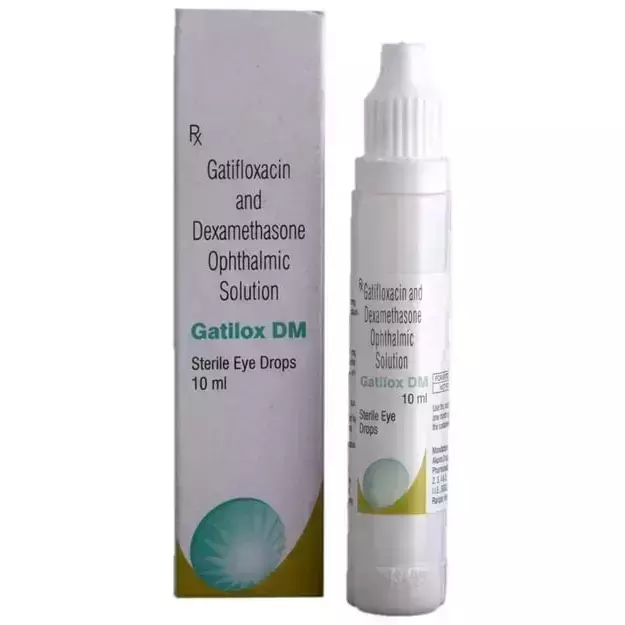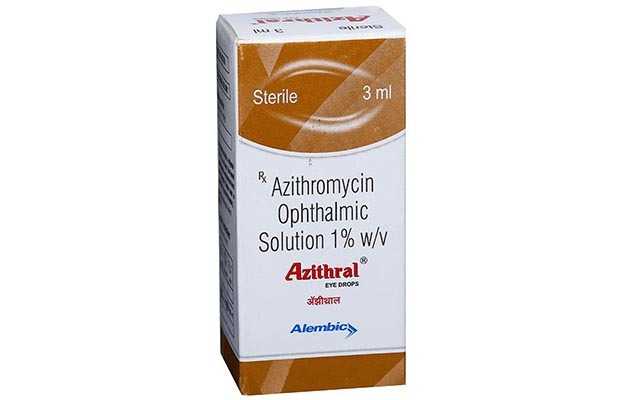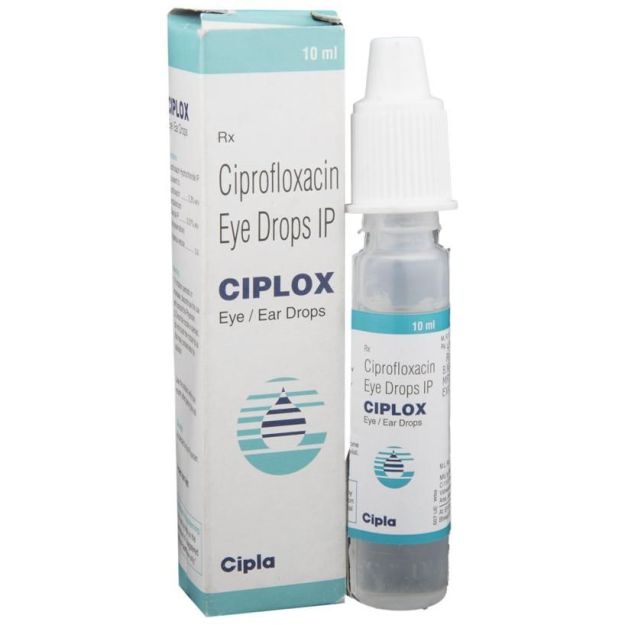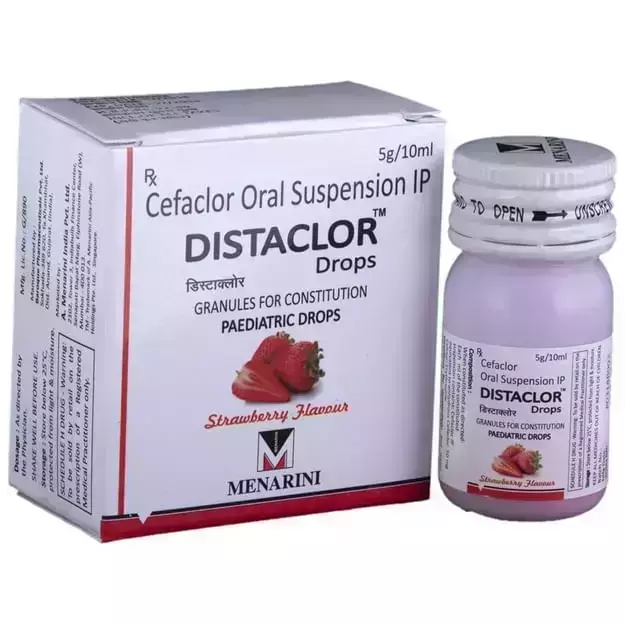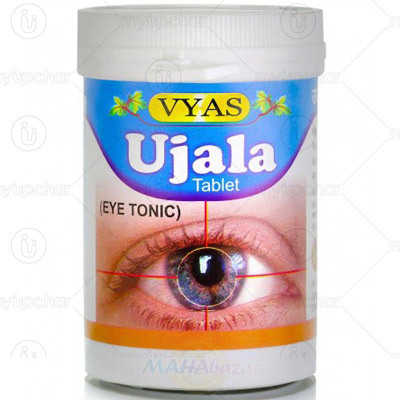Gfc, a prescription drug, is manufactured in various forms such as Drops. It is primarily used for the treatment of Conjunctivitis. Secondary and off-label uses of Gfc have also been mentioned below.
The optimal dosage of Gfc is largely dependent on the individual's body weight, medical history, gender and age. Dosage also depends on the route of administration and your chief complaint for which the drug is prescribed. For detailed information on this, read through the dosage section.
The side effects typically associated with Gfc include Nausea or vomiting, Diarrhoea, Dizziness. Some other side effects of Gfc have been listed ahead. Such side effects of Gfc normally do not last long and go away once the treatment is completed. Please speak with your doctor if these side effects worsen or persist for a longer duration.
It is also important to note that Gfc has a Moderate effect for pregnant women and Severe effect on lactating mothers. Warnings related to Gfc's effects on the liver, heart and kidney, if any, have been listed below.
Gfc can cause adverse effects in certain medical conditions. It is strongly recommended to avoid Gfc in conditions like Myasthenia Gravis (MG), Brain and Nervous System, Tendon Injury (Tendinopathy). Other contraindications of Gfc have been discussed in the sections ahead.
Drug interactions for Gfc have been reported in the medical literature. Refer to the list below for further details.
In addition to these precautions, you may also note that Gfc is safe while driving, and is is addictive in nature.
X

